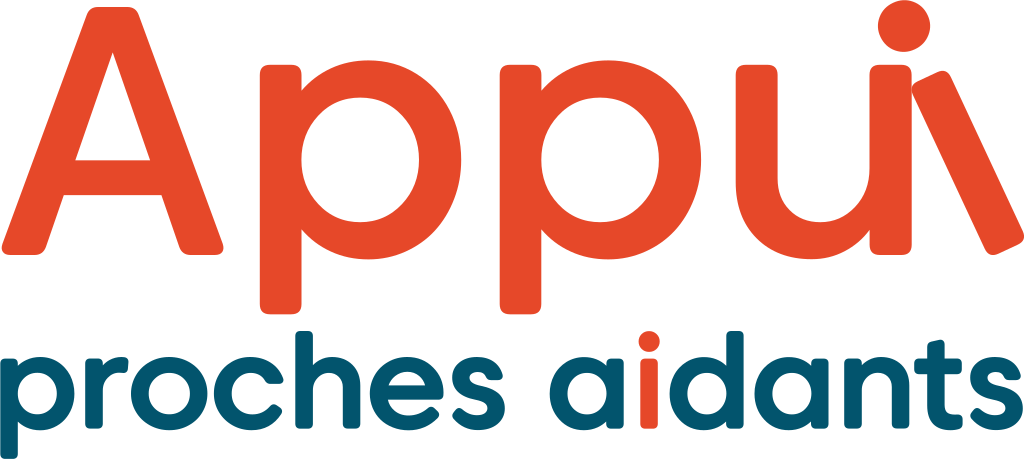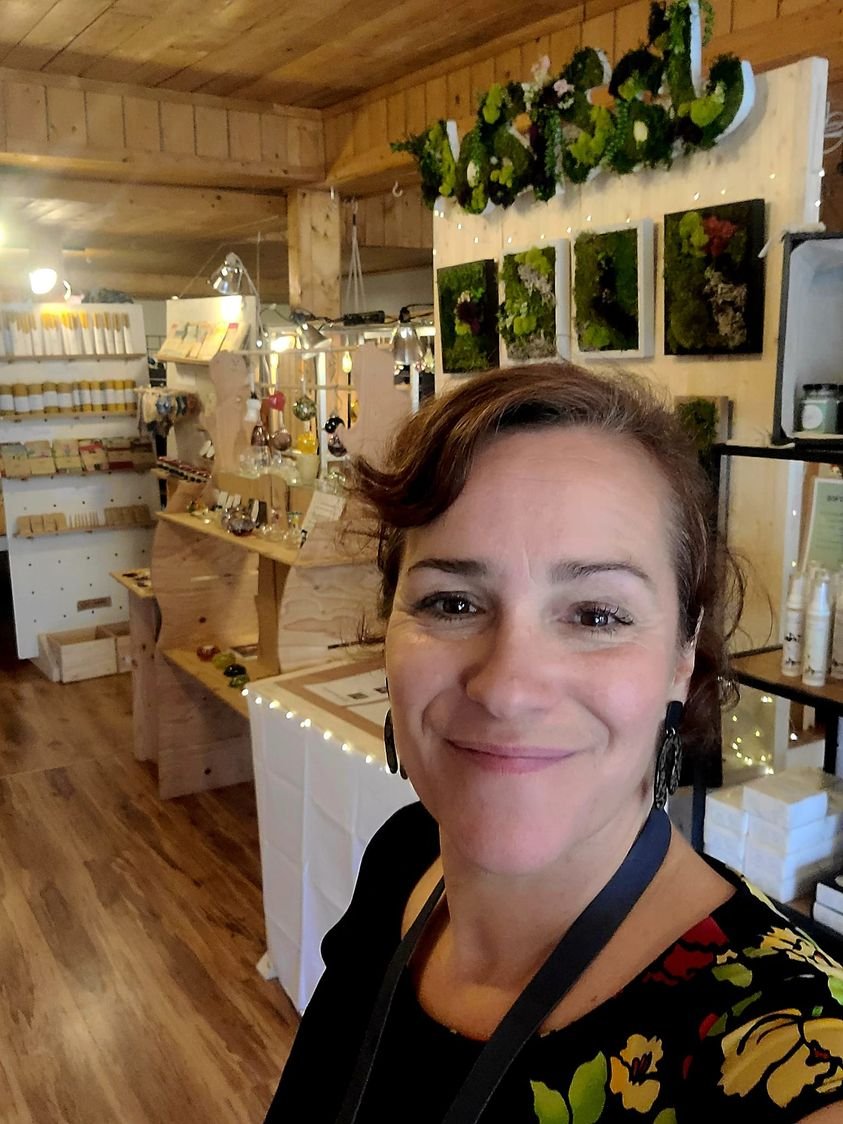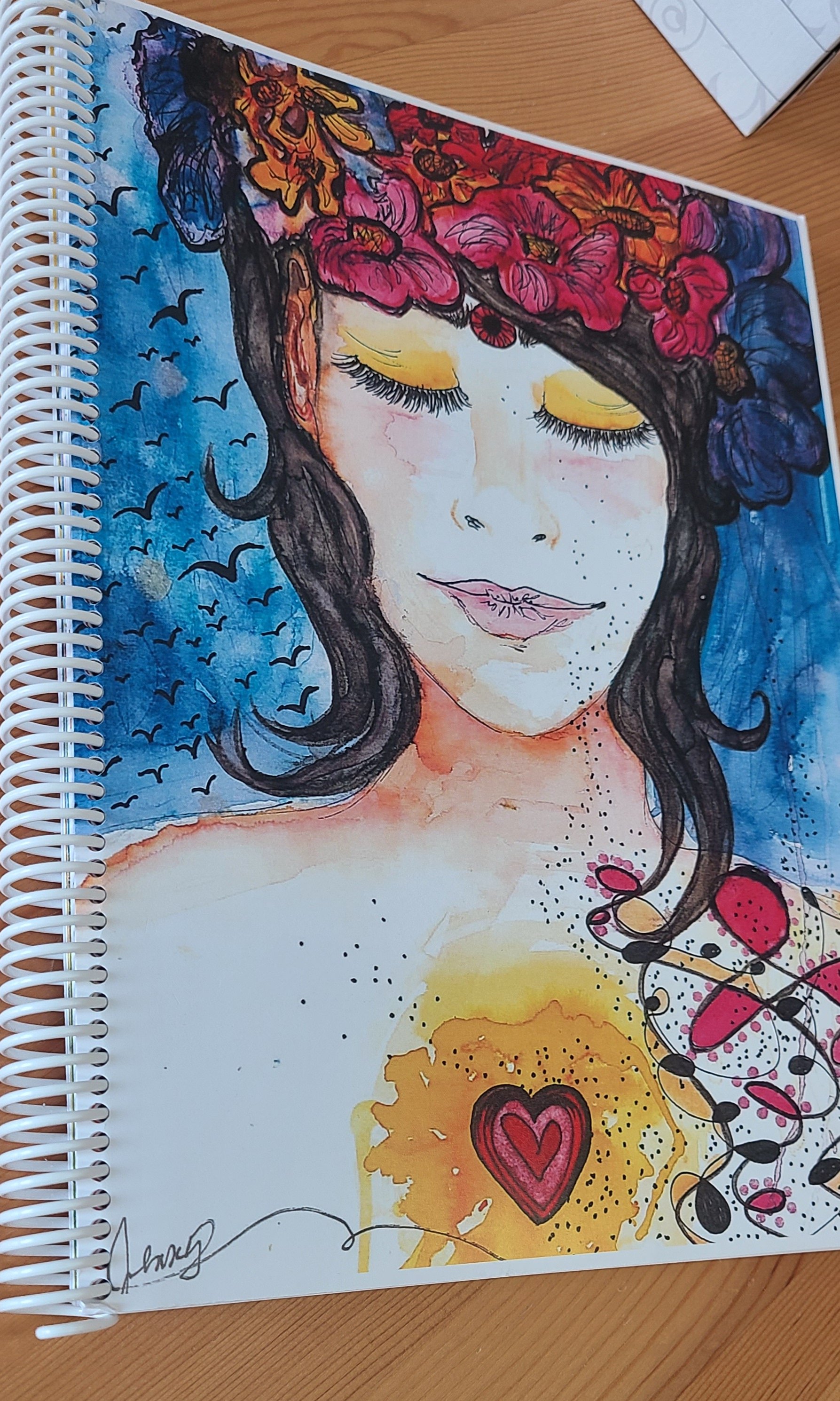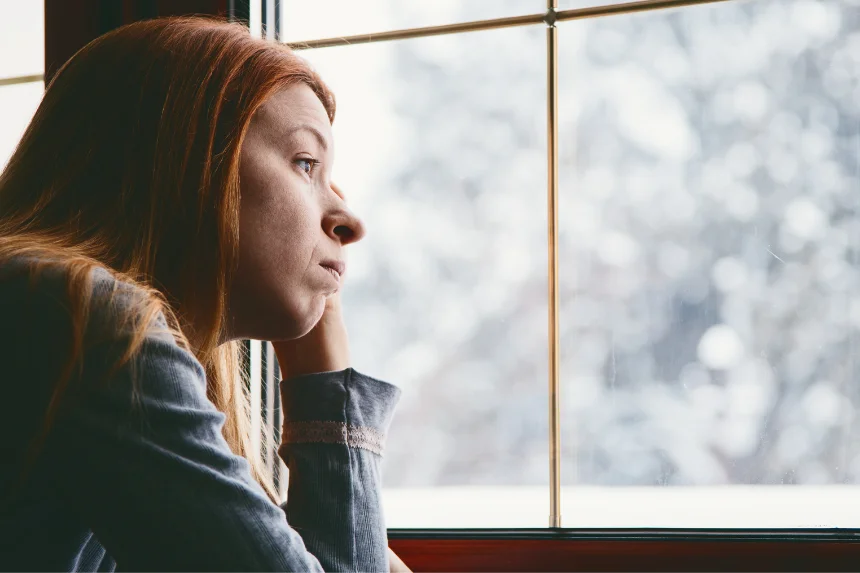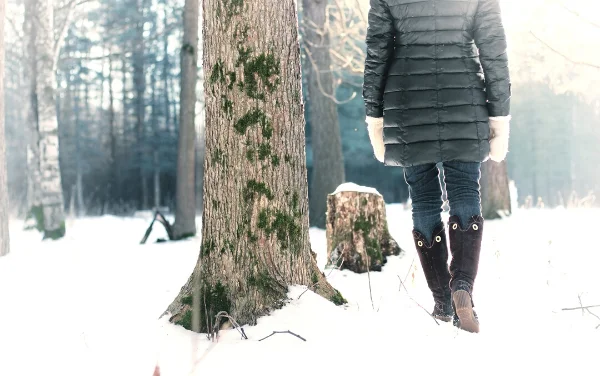The CAB’s clientele is mostly seniors. I see a lot of loneliness in this vast region. As there are few residences, people spend a lot of time at home. When we intervene, after referral from the CLSC, neighbours, family or friends, the person has often already experienced a long period of isolation.
People experience isolation when they are caregivers. They are not prepared for the loneliness that awaits them when the person they are caring for dies.
Caregivers are always on the move. Once they’re alone, the grief is all the greater, and an abyss of solitude opens up. They (they are mostly women) no longer know who they are or what they love. They have spent their lives helping others.



